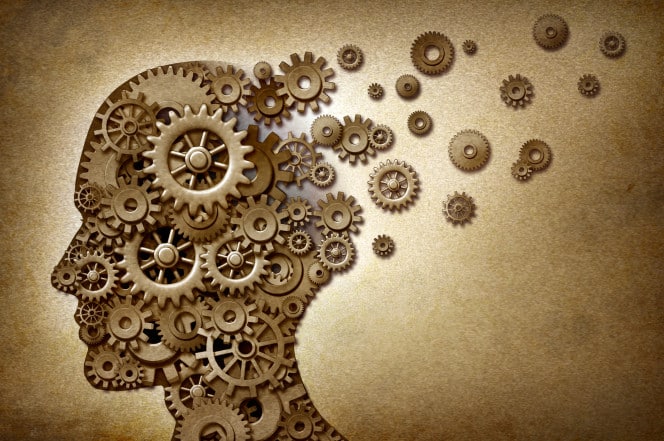Although usually diagnosed in people who are in their 70s or 80s the brains of those patients have actually been failing for dozens of years. Currently there aren’t any effective treatments for the disease, the best way to handle it is to take good care of the brain in doing so this will help to reduce the chances of AD and other forms of dementia from getting a foothold to start with.
Fading memory is not a normal part of aging, nor is it natural for the memory of a person to deteriorate over the years; a person shouldn’t lose any memories or experience brain fog during their 40s, 50s, and even in their 80s. Loss of memory is a sign of the brain falling apart, in the future this destructive process of neurodegeneration can lead to Alzheimer’s disease or other forms of dementia.
There are many factors that contribute to loss of memory such as excessive consumption of alcohol, injuries to the head, vascular diseases, Parkinson’s disease, and other sources of brain deterioration; all of these disorders can take away memory of a person until there is nothing left.
Alzheimer’s disease is one of the top 10 causes of death within the USA with 5.4 million cases, and it is the only one on the top 10 list for which there is no treatment for. Those suffering from ADD and other mental disorders are more prone to developing Alzheimer’s disease according to Dr. Daniel Amen of the Amen Clinic.
Those living sedentary lifestyles both mentally and physically can be seen as practically waving a welcoming flag for the disease. Those with a personal history of serious diseases including diabetes, stroke, heart disease, cancer, as well as head injury or depression are also at higher risk of dementia.
Based on research there are certain measures that can be taken to help avoid the risk of developing this disease. According to Amen people should figure out their level of risk, and make sure to keep their mind and body active throughout life. It is important to eliminate unhealthy lifestyle habits that encourage the formation of plaques in the brain that cause neurons to short circuit leading to brain fog and memory loss. Brain health can be supported with regular exercise, managing stress, getting enough sleep, and a balanced healthy diet, which includes natural antioxidants as well as magnesium and vitamin E as both nutrients are linked to reducing the risks of dementia.




